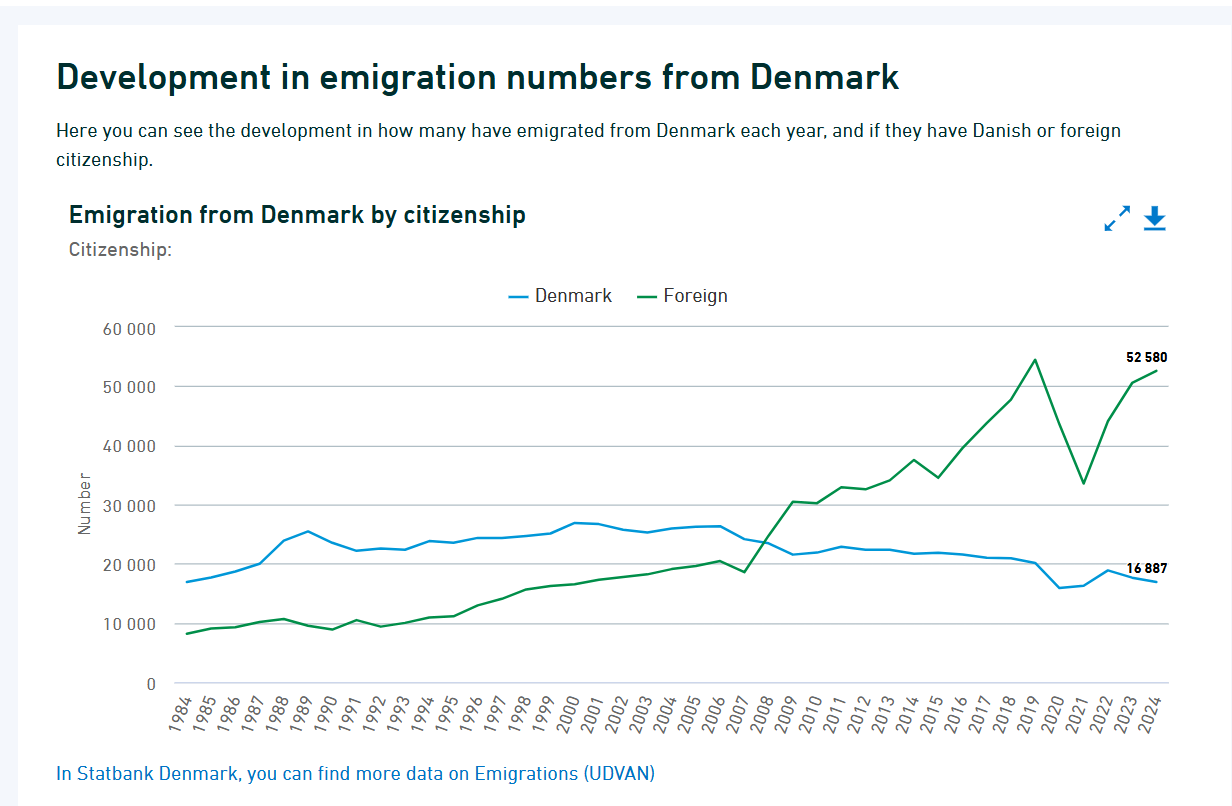Last weekend saw thousands of working people take to the streets and parks to enjoy the sunshine with beer and friends.
The May Day celebration has its roots in ancient northern European religions that marked the arrival of the new season. But thanks to the emergence of new religions with more important feast days and various shifts in culture, the first day of this month is largely an opportunity for the nation’s workforce to mobilise and air their disapprovals but also − and namely one might argue − to down tools and drink. Many in Copenhagen joined in the celebrations in Fælledparken (the park of the commons), but are perhaps unaware of the relevance of this venue.
A different kind of May
On May 5, 1872, an altogether different atmosphere fell upon this shared, open space. An almighty uprising by workers, who by today’s standards had endured unimaginable hardship in their working and living conditions, was decided upon to secure better standards for themselves and those who would succeed them.
They were met by armed police and a specially-mobilised cavalry division. The workers had been warned by the state not to turn up that day, but they did. Aside from their grievances, they were there largely because of one man: Louis Pio.
Opposed law, embraced folklore
Louis Pio was born in Roskilde in 1841 and, despite his mother being from a wealthy Jutlandic background, he himself grew up in relative poverty. His father was a military officer of French ancestry. An unhappy childhood culminated in the divorce of his parents when he was 12.
Fascinated by Danish folklore, young Louis found inspiration in tales of the common folk who by joining together in their collective woes could overcome any measure of oppression. He eventually studied folklore in Danish literature and began to write himself, publishing a book on the mythical character of Holger Danske, and later, in 1869, he started working as a journalist, writing newspaper articles.
Class war
In 1871, at which time Pio was working for the postal service, news of the Paris Commune, a working class revolt that briefly seized the governmental reins in France, reached the shores of Denmark.
Stories of these triumphant workers sent ripples of fear and excitement throughout the class spectrum. The shockingly brutal suppression with which the revolt was met perhaps led to the occasion being revered by Marxists as one of the more significant uprisings of the Industrial Revolution.
Taking his cue from France, Pio left the postal service (having contributed to the invention of the postbox – of course it was red!) and began to coerce the Danish labour movement into being.
A friend of the working man
Pio’s timing couldn’t have been better. While the cost of living had been steadily rising, wages had stagnated, opening an even wider gulf between the classes. Not only this, but the working day was getting longer, and abuses were being committed across the board.
Pio and his collaborators only had to channel this disaffection into one organised, coherent voice before they would have the kind of unified spirit that succeeded so spectacularly in Paris.
Impressed by the British trade unionists, Pio started with written correspondence to the German wing of the International Working Man’s Association.
Teacher by day, rable-rouser by night
In the day, he would work as a tutor for children of wealthy families, while in the evening he would contribute rousing articles to Socialisten (the socialist) − a newspaper published by his cousin and collaborator, Hans Brix. By October 1871, the paper had become very popular and support for the labour movement was at a high, so Pio, as the paper’s main writer and theoretician, was able to found a Danish branch of the International Working Man’s Association and position himself as its face.
Respected within, feared outside
By the following year in May, its membership exceeded 8,000, of whom 5,000 were based in Copenhagen. Some criticised Pio’s behaviour as dictatorial and unsuitable for a socialist movement, whereas others embraced his forthright manner. He was certainly taken very seriously by the authorities; on several occasions, it paid men to become members of the association in order to infiltrate Pio’s inner circle.
Co-ordinated chaos
Pio wielded considerable power. But while he could order strikes and protests at will, he used his authority responsibly, proving himself to be a master tactician. He imposed sensible limitations on strike action, keen that socialism should not be confused with anarchy: only one trade could strike at any one time, a majority of the strikers must be members, and there must be enough money available to sustain the strikers and their families.
All these conditions had to be met before a strike could be sanctioned. Such pragmatism earned the association almost immediate results, with increased wages and a huge influx of members, all of whom were impressed by Pio’s steady resolve and the respect he demanded from the authorities.
Getting stronger, brick by brick
It was during such a strike that Pio announced a May 5 gathering for members at what is now known as Fælledparken to raise both awareness of and the necessary funds to support an ongoing strike by bricklayers, who at that time were being forced to work what was then known as ‘slave hours’: 6am to 7pm.
Just prior to the gathering, in Socialisten, Pio wrote: “We are at full measure! For thousands of years, you have forced upon us this foul tasting drink that we drank of thirst and lack of choice, but today we say no more, for a single drop would risk our spilling over! Beware − we are at full measure!”
The Battle Of The Commons
Despite the police’s unconstitutional banning of the meeting, large numbers of workers turned up. And when Pio was arrested along with his cousin Brix, the protest quickly escalated. The state’s forces clearly had an advantage. While credit is due to Pio for the workers being unarmed, confronted by police swords and cavalry rifles, all they could do was throw stones in reply.
Still, Pio’s actions saved many lives as, quite miraculously, nobody was killed. Some 23 policemen and 74 cavalrymen were injured (no numbers exist for civilian causalities) in what became known as the Battle of the Commons.
Although reports of the violence temporarily weakened the labour movement’s reputation, the event planted seeds for a more democratic, nationally representative movement from which the Socialdemokraterne grew and in 1884 took their first seats in government.
An inauspicious exit and ending
His legacy assured, Pio continued to write for Socialisten from prison, but he angered many in the labour movement when, in 1877, he allegedly took a police bribe to abscond to North America. In Chicago in 1894, at the age of just 53, Louis Pio died, just like he was born, in obscurity and poverty.

















